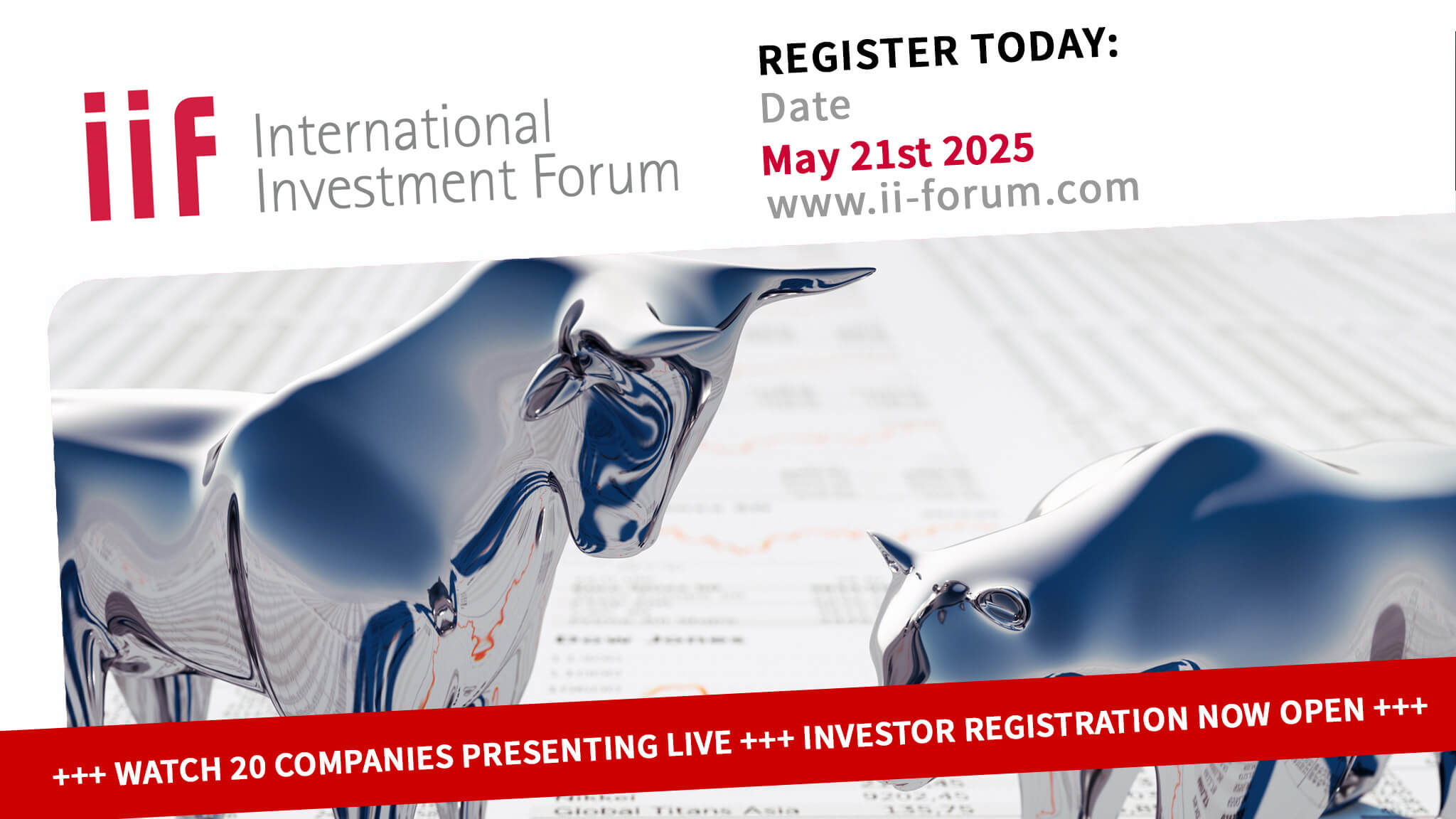May 20th, 2025 | 07:00 CEST
Hydrogen from niche market to cash cow: BYD, First Hydrogen, and Plug Power – Who is performing best?
The mobility transition is looking for solutions beyond batteries - and is finding them in a technology that refuels faster and drives further than any electric vehicle. While electromobility shines in urban areas, hydrogen is revolutionizing logistics, long-haul transport, and the heavy-duty sector with its seamless practicality. Regulatory initiatives and billion-dollar infrastructure projects are fueling the market. But who will benefit first? Key players are not relying on visions of the future, but on hard facts such as scalable technology, government support, and an industry hungry for decarbonization. While BYD and First Hydrogen are progressing, Plug Power is struggling with financial issues on its path to profitability.
time to read: 4 minutes
|
Author:
Armin Schulz
ISIN:
BYD CO. LTD H YC 1 | CNE100000296 , First Hydrogen Corp. | CA32057N1042 , PLUG POWER INC. DL-_01 | US72919P2020
Table of contents:

"[...] We are committed to stay as the number one Canadian and global leader in the Hydrogen-On-Demand diesel technology [...]" Jim Payne, CEO, dynaCERT Inc.
Author
Armin Schulz
Born in Mönchengladbach, he studied business administration in the Netherlands. In the course of his studies he came into contact with the stock exchange for the first time. He has more than 25 years of experience in stock market business.
Tag cloud
Shares cloud
BYD – From regional champion to global player
Chinese electric vehicle pioneer BYD has overtaken long-time market leader Toyota in Singapore for the first time. This is a clear signal of its growing global reach. With 3,002 vehicles sold and a market share of 20% in the first four months of 2025, the Company is now the market leader in the Southeast Asian city-state. Tesla follows at a considerable distance. The success highlights BYD's ability to score in high-priced markets. A BYD Atto 3 SUV costs eight times more in Singapore than in China. This shows the potential for higher margins outside the home market.
To circumvent trade barriers, BYD is focusing on local production. The new European center in Budapest combines sales, testing, and model-specific development. Hungary's China-friendly policy and existing infrastructure make the location attractive. Plans include 2,000 new jobs and the use of existing plants for electric buses and future passenger vehicle production. By 2030, half of all BYD vehicles are to be sold outside China. This is an ambitious goal that underpins the Company's global leadership aspirations.
BYD's strength lies in integrated value chains, especially in battery technology. Despite EU tariffs, the Company is pushing ahead with localization. From 2026, up to 200,000 vehicles are to be produced annually in Hungary. Analysts emphasize cost advantages and rapid market adaptation as success factors. With profit growth of 35% and an expected price-to-earnings ratio of 21 in 2025, the valuation remains moderate despite record sales. The challenge is to build trust in Europe. The share price stands at EUR 49.39, close to its all-time high.
First Hydrogen – Pioneer of the energy transition
First Hydrogen has established itself as an innovative player in the hydrogen sector. The Company initially began by developing light commercial vehicles powered by hydrogen, which have already been tested in real-world use in the UK. It now focuses on a "Hydrogen-as-a-Service" model. With the establishment of a German subsidiary, the Company has strategically positioned itself in the growing German hydrogen market. The aim is to offer industrial decarbonization solutions and benefit from government support programs such as the German government's EUR 500 billion special fund. With this dual mobility and energy supply strategy, the Company aims to secure market share early.
First Hydrogen believes that small modular reactors (SMRs) are key to sustainable hydrogen production. This technology enables weather-independent, scalable energy generation – ideal for the electrolysis of green hydrogen. SMRs offer impressive advantages, including short construction times, lower costs, and high safety standards. The EU has already classified nuclear energy as part of its taxonomy, paving the way for investment. By combining SMRs with hydrogen production, the Company is addressing not only Germany's import needs but also global demand for stable, CO₂-free energy sources.
The market for SMRs is estimated to be worth almost USD 300 billion by 2043. First Hydrogen aims to gain a foothold in this field with its subsidiary First Nuclear Corp. The modular reactors provide energy for hydrogen production and offer solutions for off-grid regions and energy-intensive industries. Experts predict annual growth rates of around 30%, driven by the climate crisis and the need for base load electricity. With its integrated strategy of hydrogen mobility, infrastructure development, and nuclear innovation, the Company is well-positioned to benefit in the long term as a pioneer of the energy transition. The stock broke out of its sideways phase in mid-March and is currently consolidating. The price is currently CAD 0.50.

Plug Power – Strategic realignment despite financial woes
Plug Power remains a problem child in the hydrogen industry. Last year, the Company posted a loss of USD 2.1 billion on revenue of USD 618 million. This imbalance persists despite recent quarterly revenue of USD 133.7 million, an increase of 11%. Although operating cash flow improved, ongoing capital dilution is weighing on the Company. The number of shares has doubled since 2019 to almost 1 billion. A new credit facility of USD 525 million is intended to stabilize liquidity, but the question of profitability remains unresolved.
To slow down its cash burn, Plug Power is focusing on cost reductions and streamlining. The commissioning of a production facility in Louisiana, along with the "Project Quantum Leap" cost-cutting program, which will save around USD 200 million, is intended to strengthen margins. At the same time, political risks loom, such as the possible cancellation of US hydrogen subsidies, which could undermine competitiveness. Expansion in Europe is proving bumpy. Partnerships such as the one with Galp in Portugal have yielded little so far, while protectionism is hampering access to new markets.
Analysts are mostly skeptical about the stock, pointing to ongoing margin issues, such as a gross margin of -55%, and unclear financing options. Management is aiming for a positive gross margin by the end of the year and is forecasting revenue of USD 140-180 million for the second quarter. Whether the combination of operational progress and external subsidies will pay off in the long term will depend on the Company's ability to overcome its structural deficits. Investors are taking a wait-and-see approach. The stock remains weak and is currently trading at USD 0.7724.
BYD, the global e-mobility champion, is proving that local production and integrated battery technology can conquer international markets. First Hydrogen combines hydrogen mobility with modular nuclear reactors and is positioning itself as a system provider for industrial decarbonization. Plug Power, on the other hand, is struggling with losses and capital dilution despite strategic partnerships – a warning sign for investors. While hydrogen remains indispensable in the long term, the winners are focusing on scalability and government support. BYD and First Hydrogen are exploiting their niches, while Plug Power must achieve a turnaround in profitability to stay in the race.
Conflict of interest
Pursuant to §85 of the German Securities Trading Act (WpHG), we point out that Apaton Finance GmbH as well as partners, authors or employees of Apaton Finance GmbH (hereinafter referred to as "Relevant Persons") may hold shares or other financial instruments of the aforementioned companies in the future or may bet on rising or falling prices and thus a conflict of interest may arise in the future. The Relevant Persons reserve the right to buy or sell shares or other financial instruments of the Company at any time (hereinafter each a "Transaction"). Transactions may, under certain circumstances, influence the respective price of the shares or other financial instruments of the Company.
In addition, Apaton Finance GmbH is active in the context of the preparation and publication of the reporting in paid contractual relationships.
For this reason, there is a concrete conflict of interest.
The above information on existing conflicts of interest applies to all types and forms of publication used by Apaton Finance GmbH for publications on companies.
Risk notice
Apaton Finance GmbH offers editors, agencies and companies the opportunity to publish commentaries, interviews, summaries, news and the like on news.financial. These contents are exclusively for the information of the readers and do not represent any call to action or recommendations, neither explicitly nor implicitly they are to be understood as an assurance of possible price developments. The contents do not replace individual expert investment advice and do not constitute an offer to sell the discussed share(s) or other financial instruments, nor an invitation to buy or sell such.
The content is expressly not a financial analysis, but a journalistic or advertising text. Readers or users who make investment decisions or carry out transactions on the basis of the information provided here do so entirely at their own risk. No contractual relationship is established between Apaton Finance GmbH and its readers or the users of its offers, as our information only refers to the company and not to the investment decision of the reader or user.
The acquisition of financial instruments involves high risks, which can lead to the total loss of the invested capital. The information published by Apaton Finance GmbH and its authors is based on careful research. Nevertheless, no liability is assumed for financial losses or a content-related guarantee for the topicality, correctness, appropriateness and completeness of the content provided here. Please also note our Terms of use.




